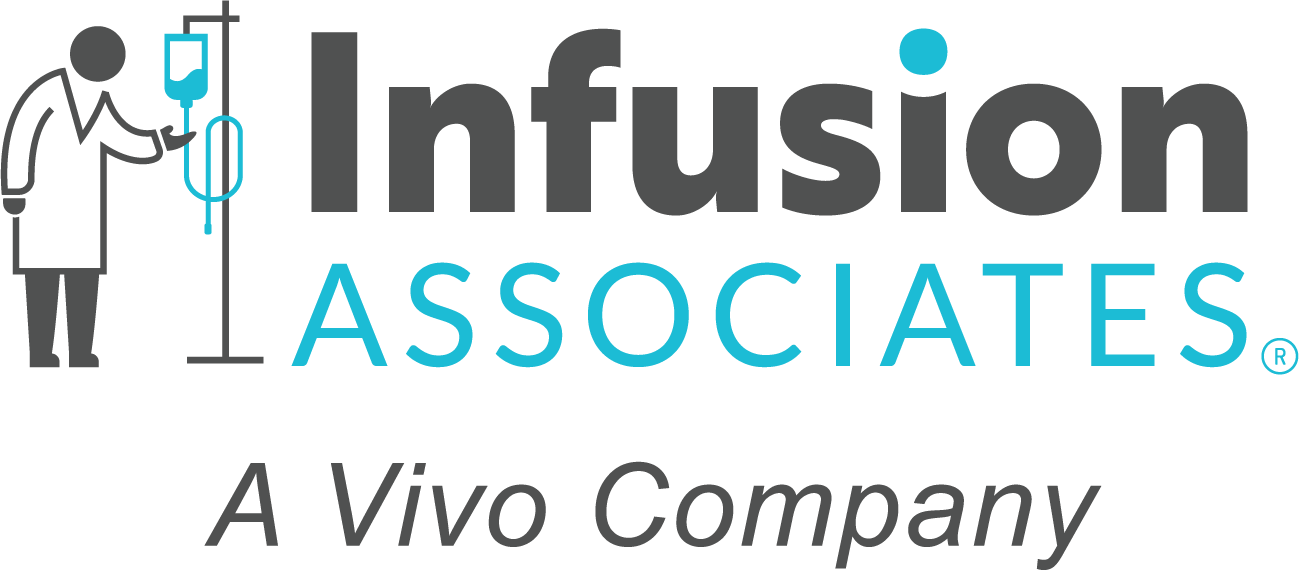Antiemetics
Important Safety Information
Antiemetics are prescription medications used to treat patients who are experiencing nausea and vomiting as side effects of other medications — you can usually tell if nausea and vomiting are side effects if you started experiencing them soon after commencing treatment with a new drug. They are commonly used in patients who are undergoing chemotherapy and radiotherapy.
Antiemetics can also be used to treat infections, severe cases of gastroenteritis, and hyperemesis (severe morning sickness) during pregnancy. These could include antihistamines, serotonin antagonists, dopamine antagonists, corticosteroids, NK1 receptor antagonists, benzodiazepines, or other agents. Common types of antiemetics include Emetrol, Dramamine, bismuth sub salicylate, and Bonine.
While they can be used to treat pediatric and adult patients, talk with your doctor about your options if the patient is a child. Certain types of antiemetics should not be administered to children 12 years of age or younger.
If nausea or vomiting are accompanied by a fever, jaundice, bleeding, or abdominal pain, tell your doctor immediately. These may be signs of a more serious underlying medical condition.
What is the most important information I should know about Antiemetics?
Prior to starting treatment, tell your doctor about all medications you’re currently taking — whether they’re prescription, over-the-counter, herbal supplements, or vitamins — as interacting with other drugs could increase the risk of side effects. Also, discuss your medical history thoroughly. It is possible for medications for arthritis, gout, diabetes, the common cold, and blood thinners to result in adverse reactions when mixed with antiemetics.
If using Dexamethasone, you may develop glucose intolerance. Use with care if you have diabetes mellitus. By the same token, corticosteroids may cause sleep disturbances. Talk with your doctor about your sleeping patterns and let them know if it has been interrupted during treatment.
Tell your doctor if you experience any negative side effects. You are also encouraged to report such side effects to the Food and Drug Administration (FDA) by visiting www.fda.gov/medwatch, or by calling 1-800-FDA-1088.
